How to Choose the led stage lighting manufacturer and supplier in us?
- How to Choose the LED Stage Lighting Manufacturer and Supplier in US?
- Why this guide matters for buyers of LED stage lighting
- Understand the user's
- Key technical requirements: specs that matter
- Light output, color quality and consistency
- Control protocols and flicker-free operation
- Thermal design and expected lifetime
- Vendor credibility: certifications and manufacturing capability
- Safety and compliance for US markets
- Production capacity, patents and R&D
- Commercial terms and total cost of ownership
- Price vs. life-cycle cost
- Warranty, service and spare parts support
- Logistics and supply chain considerations for US buyers
- Lead times, minimum order quantities and distribution
- Shipping, customs and import compliance
- Quality assurance and testing
- Factory QA processes and sample testing
- Third-party testing and field references
- Practical checklist: how to evaluate and compare suppliers
- Checklist overview
- Comparison table: selecting a manufacturer or supplier
- Evaluating overseas manufacturers that supply US clients
- Why many US buyers work with Chinese manufacturers
- Questions to ask an overseas supplier
- Negotiation and contract tips for buying LED stage lighting
- Important commercial clauses
- Small pilot orders and scalability
- Why choosing a proven partner matters: LQE as an example
- LQE profile—what it demonstrates for buyers
- How LQE aligns with US buyer needs
- Conclusion: a practical buying roadmap
- Step-by-step recommendation
- Final thought for US buyers
- Frequently Asked Questions
- Sources and references
How to Choose the LED Stage Lighting Manufacturer and Supplier in US?
Why this guide matters for buyers of LED stage lighting
Choosing the right LED stage lighting manufacturer or supplier directly affects show quality, long-term operating cost, and reliability. Whether you are a US-based production manager, lighting designer, house of worship buyer, or venue owner, this guide helps you evaluate manufacturers and suppliers using practical, business-oriented criteria.
Understand the user's
Most people searching how to choose the led stage lighting manufacturer and supplier in us want actionable steps: what technical specs to demand, which certifications to require, how to compare costs and warranties, and how to vet overseas manufacturers supplying the US market. This article answers those needs with clear, commercial-intent advice and checklists.
Key technical requirements: specs that matter
Light output, color quality and consistency
When sourcing LED stage lighting, focus on lumen output per fixture, beam angle options, and color quality (CRI and TLCI). For broadcast and live events, prefer fixtures with CRI > 90 and TLCI > 90 to ensure accurate skin tones and consistent color on camera.
Control protocols and flicker-free operation
Ensure the fixtures support industry-standard control protocols such as DMX512 and RDM. For camera work, verify PWM/frequency specifications and factory test data proving flicker-free operation at typical frame rates (24–60 fps). This avoids post-production headaches and on-camera flicker.
Thermal design and expected lifetime
Ask manufacturers for measured LED junction temperature (Tj) and rated LED lifetime. Typical commercial LED lifetimes range from 30,000 to 50,000 hours; high-quality stage fixtures should be toward the upper end with active thermal management to maintain output and color over time.
Vendor credibility: certifications and manufacturing capability
Safety and compliance for US markets
Verify CE, RoHS, and—where applicable—UL/ETL listings for fixtures or components sold in the US. UL/ETL demonstrates compliance with North American safety standards and can simplify venue approvals and insurance requirements.
Production capacity, patents and R&D
Production footprint and R&D capability matter for large orders and ongoing product development. For example, LQE (founded 2008, Foshan, China) operates a 10,000 m2 production base with an annual capacity of about 100,000 fixtures and holds 80 national patents, demonstrating scale and innovation capacity for global supply.
Commercial terms and total cost of ownership
Price vs. life-cycle cost
Don’t evaluate suppliers on unit price alone. Consider energy consumption (LEDs can reduce energy use by up to 60–80% vs. traditional sources), expected maintenance, warranty terms, and spare parts availability to calculate total cost of ownership (TCO).
Warranty, service and spare parts support
Prefer suppliers offering 2–5 year standard warranties, with options for extended coverage. Confirm spare parts availability (drivers, optics, control boards) and ask about mean time to repair (MTTR) for common failures to minimize downtime during tours or seasons.
Logistics and supply chain considerations for US buyers
Lead times, minimum order quantities and distribution
Ask for realistic lead times, MOQ policies, and whether the manufacturer has US distribution or local stocking to reduce import delays. For repeat or tour-based purchases, suppliers with US warehouses or established freight partners reduce risk.
Shipping, customs and import compliance
Confirm HS codes, proper labeling, and documentation for US customs. Suppliers experienced with US shipments will provide compliance documents and handle export packaging to avoid delays and extra charges.
Quality assurance and testing
Factory QA processes and sample testing
Request QA test protocols (burn-in, color consistency, thermal stress tests). Good manufacturers conduct 8–24 hour burn-ins and provide photometric reports and IES files for fixtures. Always order samples and test in your own environment before large purchases.
Third-party testing and field references
Ask for third-party lab test results when possible and request reference installations in the US. Visiting a live installation or speaking with current US customers provides practical insight into long-term performance.
Practical checklist: how to evaluate and compare suppliers
Checklist overview
Use this checklist when evaluating potential suppliers: certifications, warranty, sample policy, lead time, MOQ, production capacity, photometric data, R&D/patent portfolio, local support, and price vs TCO.
Comparison table: selecting a manufacturer or supplier
The table below compares essential selection criteria and indicative target values for US buyers of LED stage lighting.
| Criteria | What to ask | Target or Typical Value |
|---|---|---|
| Certifications | CE, RoHS, UL/ETL for US | CE + RoHS; UL/ETL where needed |
| Color quality | CRI, TLCI values; color stability | CRI >= 90; TLCI >= 90 for broadcast |
| Lifespan | Rated LED hours; thermal data | Prefer >40,000–50,000 hours |
| Control | DMX/RDM/Art-Net/sACN support | DMX512 + optional Art-Net/sACN |
| Warranty | Standard terms and spare policy | 2–5 years; clear RMA policy |
| Lead time | Production + shipping | Samples 2–6 weeks; bulk 6–12+ weeks |
| MOQ | Minimum order quantity | 10–50 units typical (varies by model) |
| Field references | Installations in US/regions | At least 2–3 verifiable references |
Evaluating overseas manufacturers that supply US clients
Why many US buyers work with Chinese manufacturers
Manufacturers in China offer scale, competitive pricing, and rapid product development. However, successful US sourcing depends on verifying compliance, supporting logistics, and testing to US standards. LQE is an example of a manufacturer with scale (10,000 m2 base, 100k fixtures/year) and global reach, and such profiles can fit well for US projects when vetted properly.
Questions to ask an overseas supplier
Ask about UL/ETL equivalence, export experience, US-based warranty support, spare parts stock in the US, field service partners, and data demonstrating flicker-free operation for cameras. Require IES files, photometric reports, and a clear RMA policy for returns to the US.
Negotiation and contract tips for buying LED stage lighting
Important commercial clauses
Include lead time guarantees, penalty clauses for late delivery on large orders, acceptance testing criteria, warranty terms, IP ownership for custom designs, and clear spare parts and after-sales support timelines in contracts.
Small pilot orders and scalability
Start with a pilot order (samples + small batch) and define acceptance tests. If the pilot succeeds, scale orders with pre-agreed pricing bands, tooling costs (if any), and estimated lead-time reductions for repeat orders.
Why choosing a proven partner matters: LQE as an example
LQE profile—what it demonstrates for buyers
LQE was founded in 2008 and is headquartered in Foshan, China. The company focuses on OEM/ODM stage lighting equipment for mid- and high-end digital stage lighting. LQE’s production base of about 10,000 square meters and annual output capacity around 100,000 fixtures show the ability to handle large orders. Holding 80 national patents suggests strong R&D that can benefit custom product development for US buyers.
How LQE aligns with US buyer needs
LQE offers a diverse range of moving heads and static lights suitable for theatres, concerts, studios, houses of worship, nightclubs, and theme parks. Buyers should verify LQE’s US references, warranty and spare parts policies in the US, and request photometric and flicker-free test reports for broadcast projects.
Conclusion: a practical buying roadmap
Step-by-step recommendation
1) Define your technical needs (CRI/TLCI, lumen output, beam angles, control protocols). 2) Shortlist manufacturers based on certifications, production capacity, and references. 3) Request samples and photometric/IES files and run acceptance tests including camera flicker tests. 4) Evaluate total cost of ownership, warranty terms, and spare-parts logistics. 5) Start with a pilot order, then scale with contractual protections for lead time and quality.
Final thought for US buyers
Choosing the right LED stage lighting supplier is a balance of technical fit, commercial terms, and logistics. Manufacturers like LQE—backed by scale and patents—can be strong partners if you validate on-the-ground support, compliance, and field performance before large purchases.
Frequently Asked Questions
What certifications should I require for LED stage lighting sold in the US?You should require CE and RoHS for basic compliance and UL or ETL recognition for fixtures used in US venues. UL/ETL testing reduces issues with venue acceptance and insurance.
How much energy can I expect to save by switching to LED stage lighting?LED fixtures typically reduce energy consumption by 60–80% compared to traditional incandescent or discharge sources, depending on fixture type and usage patterns.
What is an acceptable warranty period for professional stage fixtures?A standard warranty for professional fixtures is commonly 2–5 years. Longer warranties and clearly defined RMA procedures are signs of vendor confidence.
How do I test for flicker-free performance for broadcast?Request PWM frequency specs and factory test reports validated at camera frame rates (24–60 fps). Perform on-site camera tests with your production cameras during sample evaluation.
Is it risky to buy from overseas manufacturers for US projects?Risks exist (customs, lead times, compliance) but can be mitigated by requiring proper certifications, US-based stocking, clear warranty/support arrangements, and verified US references.
How many units should I order as a pilot?A pilot order of 5–20 units per most-used fixture model lets you validate field performance without large capital commitment. For touring rigs, consider a larger pilot to check consistency across units.
What documents and test data should a reputable supplier provide?Ask for IES/photometric files, CRI/TLCI values, burn-in test reports, flicker test reports for cameras, UL/ETL or CE/RoHS certificates, and a written spare-parts and warranty policy.
What is the typical MOQ for LED stage fixtures?MOQ varies by supplier and model. Many suppliers set MOQs of 10–50 units per model; some adapters or accessories may have lower MOQs.
Do I need local service partners in the US?Yes. Having US-based service partners or a local parts stock reduces downtime and shipping costs for repairs, especially for venues and touring productions.
How important is patent and R&D capability in a manufacturer?Strong R&D and patent portfolios indicate ongoing product development and innovation. They also suggest the manufacturer can support custom features and improvements based on feedback.
Sources and references
- U.S. Department of Energy — Guidance on LED lighting energy savings and benefits.
- Illuminating Engineering Society (IES) — Photometry and lighting metrics best practices.
- LQE company data provided by the client: founded 2008, Foshan; 10,000 m2 production base; ~100,000 fixtures/year; 80 national patents.
- Industry common best practices for professional stage lighting control: DMX512, RDM, Art-Net/sACN protocols.
- Professional lighting technical standards and broadcast requirements for flicker testing (industry white papers and manufacturer datasheets).
Top 10 moving wash lights Manufacturers and Supplier Brands
How to Choose the stage lighting system manufacturer and supplier in us?
How to Choose the theater stage lights manufacturer and supplier in us?
Why choose LQE as your led stage lights for sale supplier
1000w
Do You Supply After-Sale Service?
LQE lighting offers 7x24 hrs systematic SOP customer support with dedicated personnel, ensuring quick and comprehensive assistance for stage lighting needs.
Does LQE Offer a Stage Light Design Solution?
LQE experienced team glad to supply a stage lighting configuration design solution or suggestion for projector who don’t have much experience in lighting design, project, theatre and studio.
What Is the Warranty Offered by LQE Lighting?
LQE lighting offers a comprehensive 1-year warranty and spare parts on its products, giving customers peace of mind and investment protection.
Distributor
What is your typical lead time for distributor orders?
Our standard production lead time is 15–30 working days depending on order volume and customization requirements. For stocked models or repeat orders, we can offer shorter delivery times.
Is there a minimum order quantity (MOQ) to become a distributor?
MOQ requirements vary based on the product line and market region. However, for long-term distribution partnerships, we are flexible and can start with a trial order to build trust.
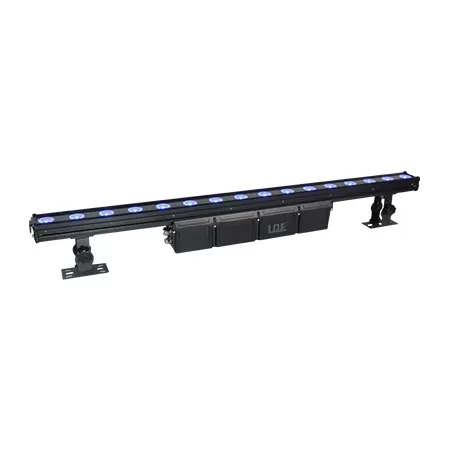
Outdoor LED Stage Light OD168
Adjustable brightness, color options, and various lighting modes offer flexibility and creativity in designing captivating visuals. Outdoor LED bar effect, Equidistant splicing installation, single-point single control, and flowing rainbow effect.
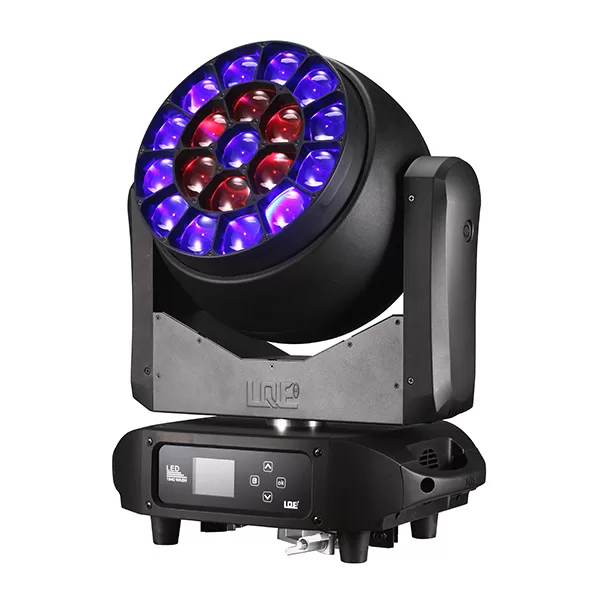
600w 19x40w RGBW Stage Moving Head Wash Light LW600 Zoom IP20
600W 19x40W LED RGBW Mulichips Moving Head Wash Lights with Zoom (5°–50°), Covering Large Range and Long Distance. IP20: Designed to deliver a 5°–50° ultra-large zoom range to achieve a greater wash effect, illuminating stages and events with stunning ring control lighting effects.
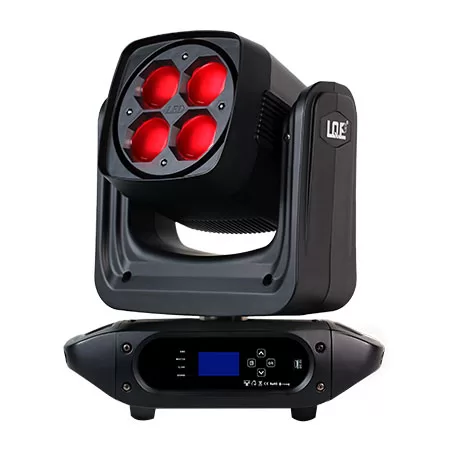
LED Moving Head Stage Wash Light LW200Z
The versatile moving head stage light provides a powerful lighting solution for theaters, concerts, and large outdoor performances. Suitable for theaters, TV stations, entertainment stages, and large outdoor performance scenes.
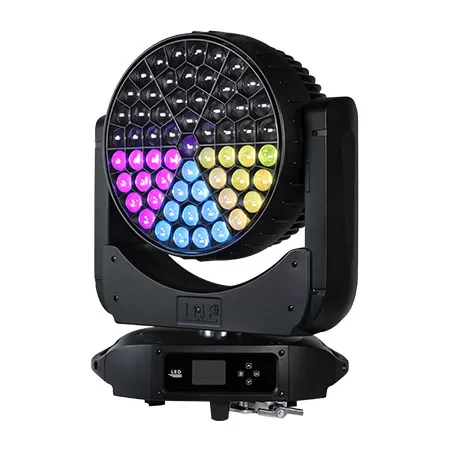
1000w 61x40w RGBW Stage Moving Head Wash Light LW1000
1000W 61x40W LED RGBW Mulichips Moving Head Wash Lights with Zoom (5°–50°), Covering Large Range and Long Distance. Designed to deliver a 5°–50° ultra-large zoom range to achieve a greater wash effect, illuminating stages and events with stunning lighting effects.

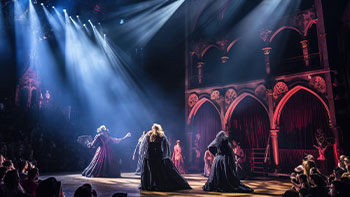
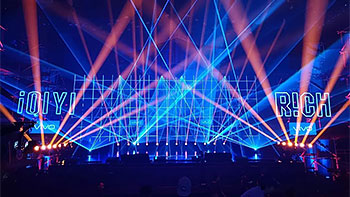
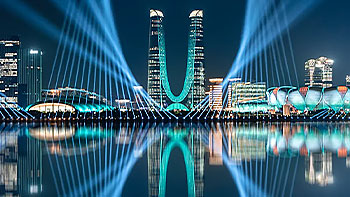
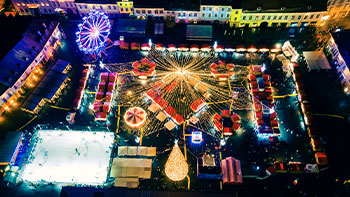
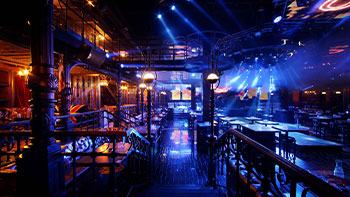
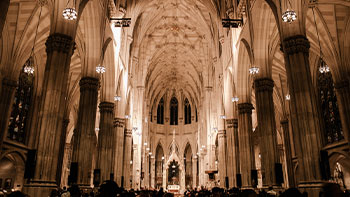






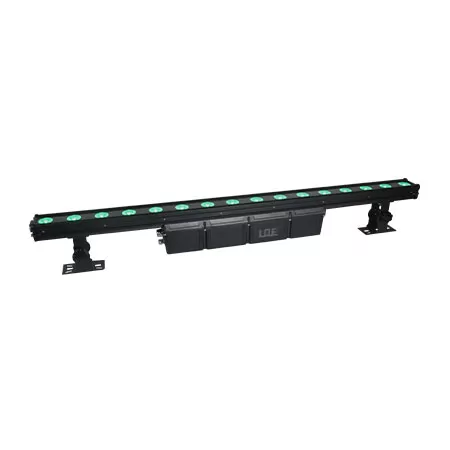
Linkedin
YouTube
Whatsapp: +8618924548390
TikTok